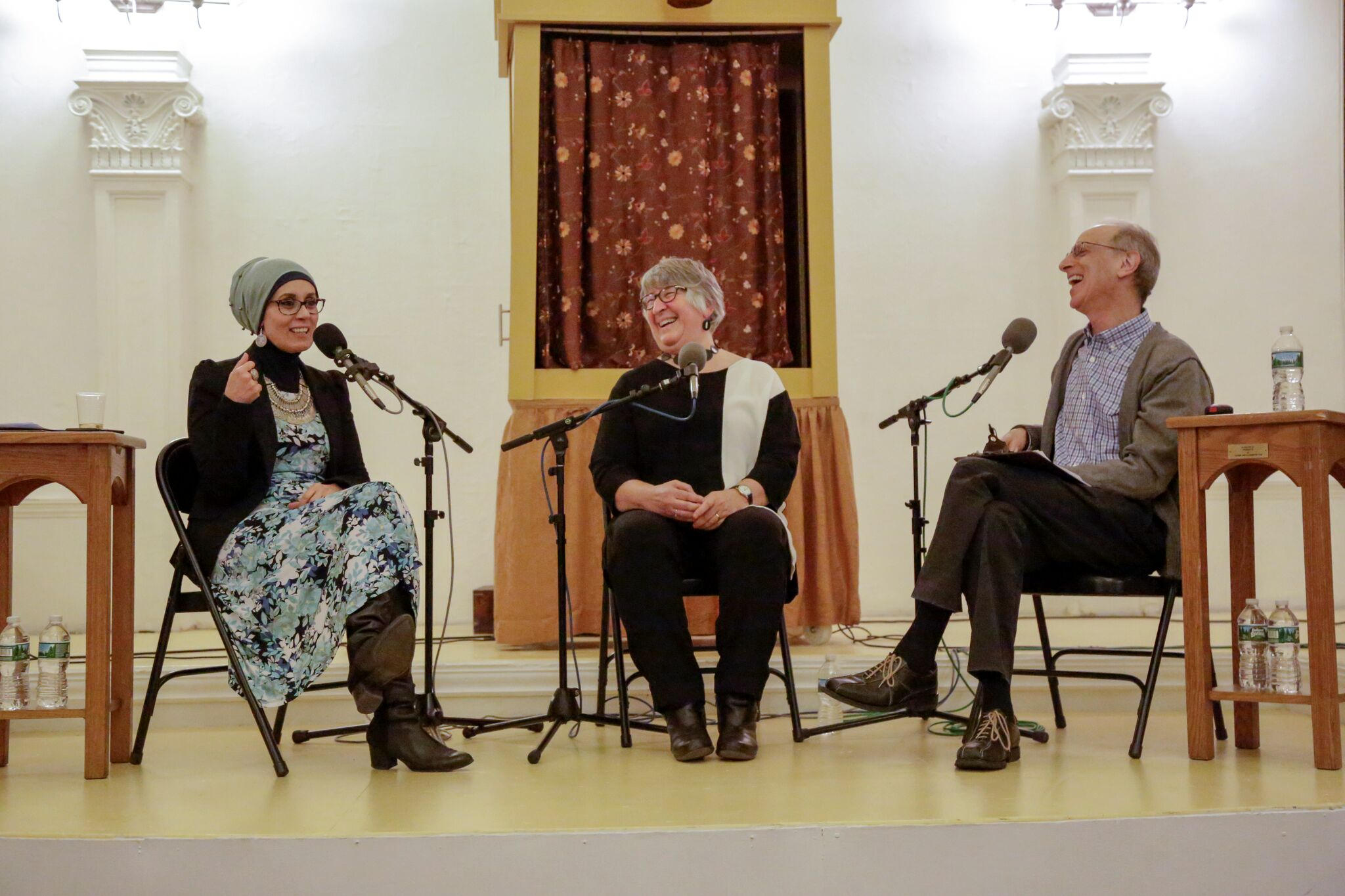Last May Ellen Seidman, a wife and mother of three, wrote a poem for her blog, Love That Max about the role she plays in her family. The poem centers on the job she has to think about everything that, she says, “enables our family to basically exist.”
I am the person who notices we are running low on coffee pods.
I am the person who notices we are running low on clean underwear, unless you count the pairs with holes which some people do.
I am the person who notices we are running low on toothpaste/dental floss/mouthwash/anti-cavity rinse in bubble gum flavor and NOT the one with SpongeBob on the bottle/shampoo/conditioner/that detangling spray that supposedly wards off lice/soap/shower gel [insert product critical to good hygiene].
I am the person who notices we are running low on matching socks, unless you count the pairs with holes which some people do.
I am the person who notices we are running low on eggs, milk, bread, yogurt, butter, cream cheese, chocolate ice-cream, that pasta shaped like little wheels and other food basics.
A piece by Time contributor Lisa Wade, inspired by Seidman’s poem, discusses this game of mental gymnastics women do in their heads every day. Connecting the poem to sociologist Susan Walzer‘s 1996 research article called, “Thinking About the Baby,” Wade points directly to this household gender gap. Although scholars had already sent time documenting that women were doing “second shift” Walzer was more interested in the invisible work being done at home—the work being done completely in the mind.
“Walzer found that women do more of the intellectual, mental, and emotional work of childcare and household maintenance,” Wade writes. “They do more of the learning and information processing (like researching pediatricians). They do more worrying (like wondering if their child is hitting his developmental milestones). And they do more organizing and delegating (like deciding when the mattress needs to be flipped or what to cook for dinner). Even when their male partners ‘helped out’ by doing their fair share of chores and errands, it was the women who noticed what needed to be done.”
Click here to read Wade’s piece.




